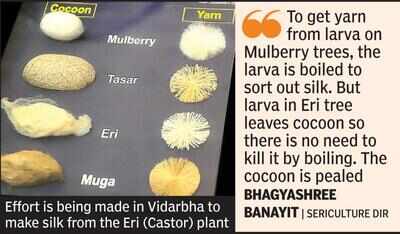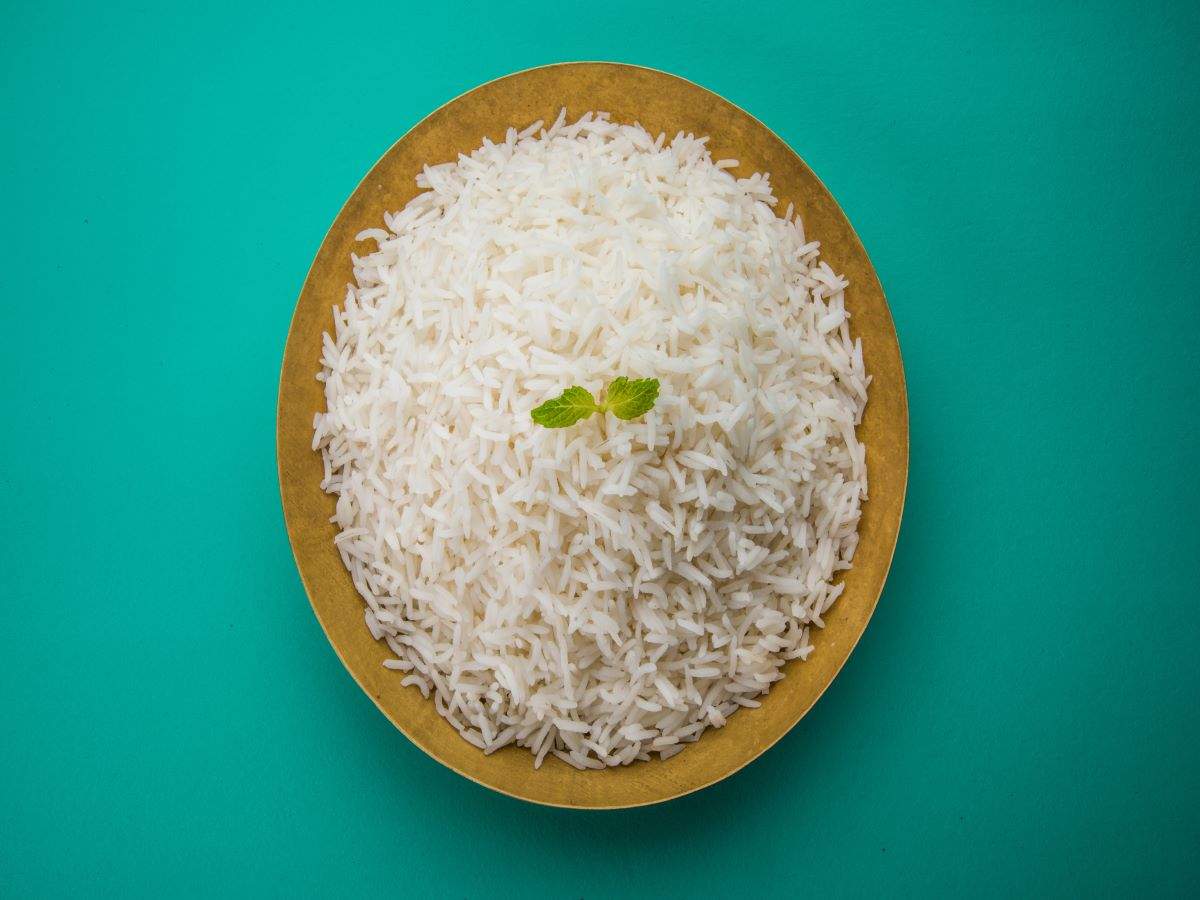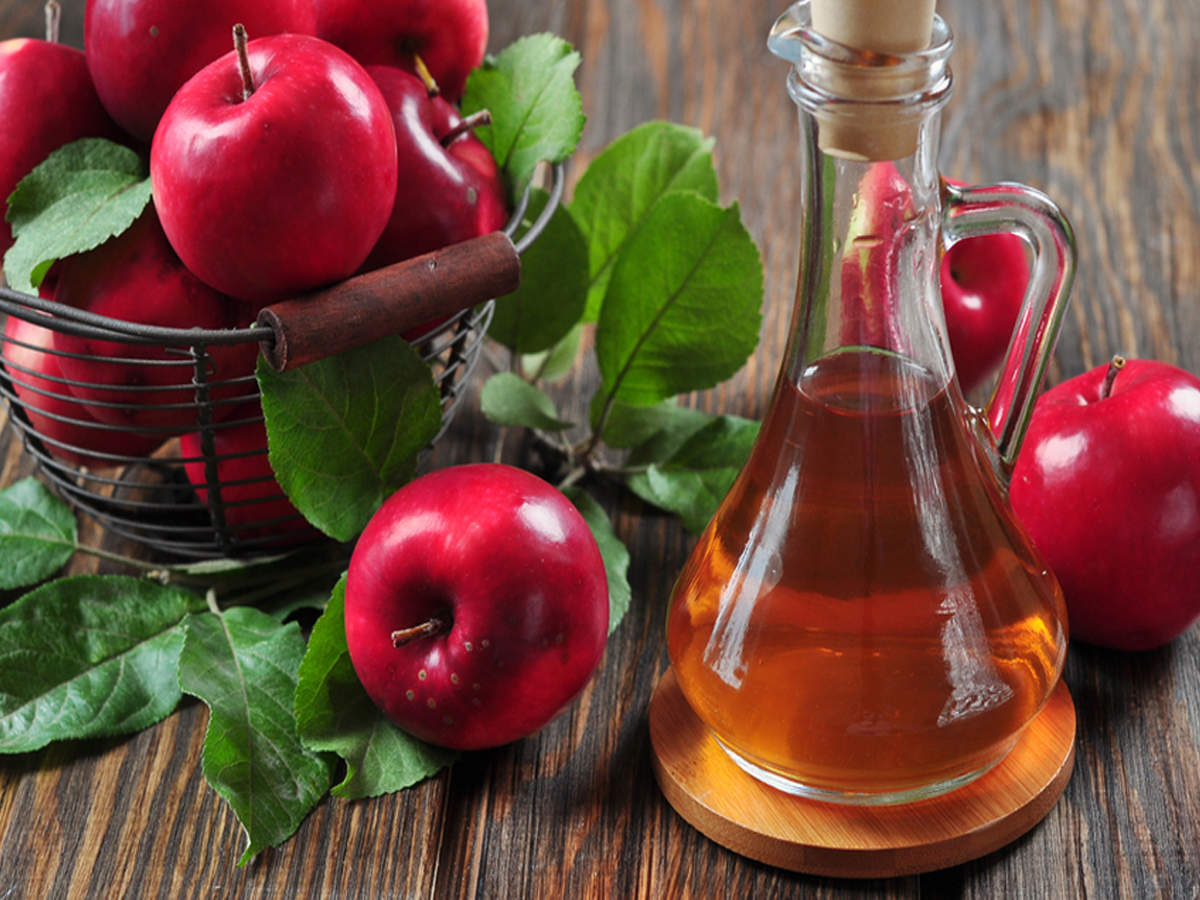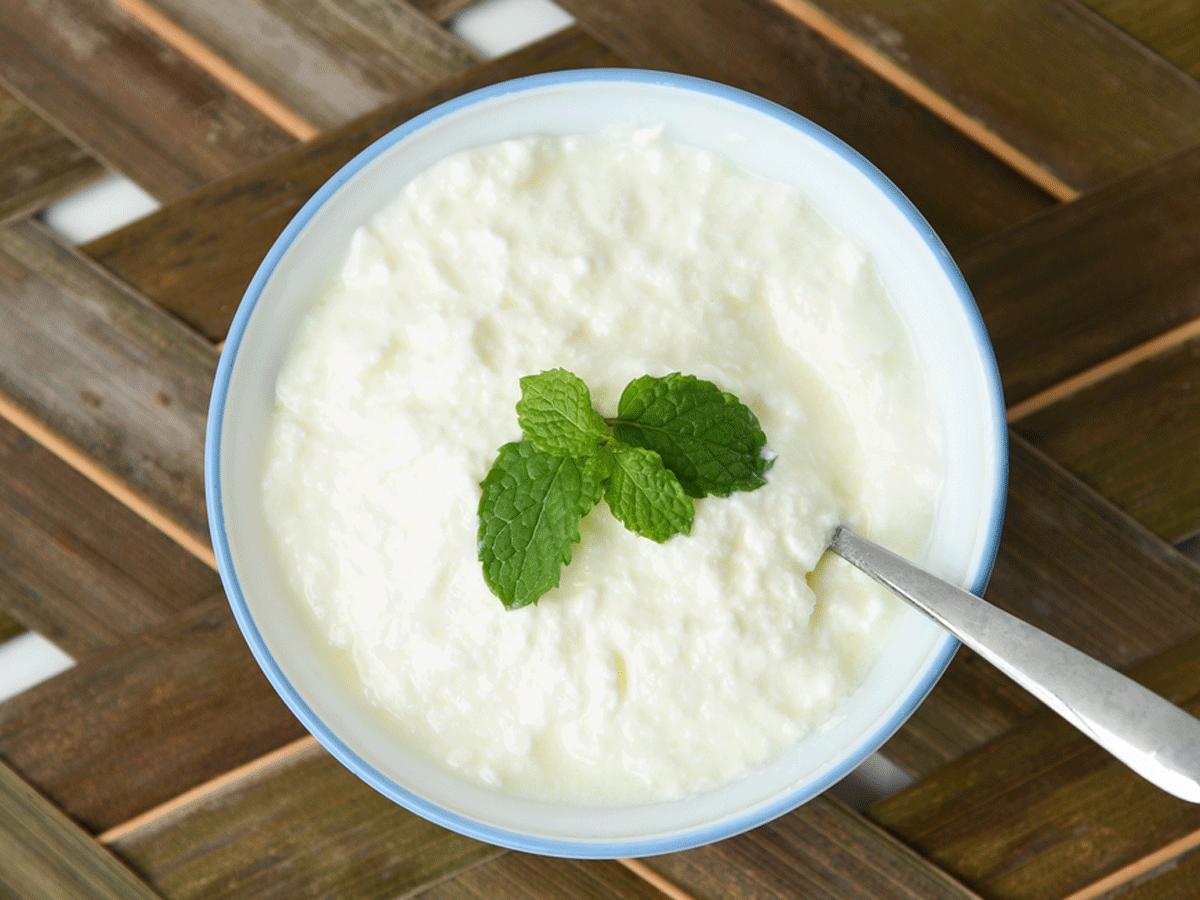
Nagpur: For those averse to using silk due to cruelty involved in making it, the Directorate of Silk is now working on what it calls ‘Ahimsa Cloth’.
Mulberry and Tusser silk are made across the state but a special effort is being made in Vidarbha to make silk from the Eri (Castor) plant. “To get yarn from larva on Mulberry trees, the larva is boiled to sort out the silk. But the larva in Eri tree leaves cocoon so there is no need to kill it by boiling,” explains Bhagyashree Banayit, director of sericulture. “The cocoon is pealed and the silk is taken out without harming the larva. So we are calling it Ahimsa cloth,” she informs. The project is in nascent stage and so the awareness is also low. Maharashtra won an award this year for the best emerging state in sericulture.
Based in Nagpur, the silk directorate is now working on numerous projects to promote sericulture and to make it a more lucrative alternative for farmers. “We are giving funds to purchase MRM and ARM machines for silk processing. The thrust is upon creating a forward linkage chain so there are buyers to buy the cocoons, yarn, thread and apparels and other products made from it,” Banayit says.
To achieve this, the directorate is building silk markets in Jalna and Solapur. Closer home, a Reshim Bhavan will be set up in Nagpur soon.
Banayit, who also heads the Maharashtra State Handloom Corporation, has also launched Tusser tourism and Sericulture tourism to popularize silk yarn and create a market for it. “At Agarzari in Chandrapur, we have created a butterfly museum and park along with sale outlets to create awareness about silk production. The Seri tourism is also being promoted in Aurangabad,” says Banayit.
Clusters of handloom weavers exist in Nagpur-Kamptee, Bhandara, Gondia, Chandrapur, Andhalgaon, Mohadi and Mishti. “They have to be protected as they live in terrible conditions and their younger generation do not wish to do this work as they have suffered a terrible fate,” says Banayit.
“Now I am planning to set up stalls at government owned places like post offices where handloom products like bags, towels, bedsheets will be available for sale. We are now encouraging weavers to make these products for us and I have tied up with Amazon so they can be sold online,” she adds. Banayit says there is a good market for these products as brands like Fab India are able to sell them. “Smart marketing, good publicity, and customer reach is a must to give boost to handloom,” she adds.
Mulberry and Tusser silk are made across the state but a special effort is being made in Vidarbha to make silk from the Eri (Castor) plant. “To get yarn from larva on Mulberry trees, the larva is boiled to sort out the silk. But the larva in Eri tree leaves cocoon so there is no need to kill it by boiling,” explains Bhagyashree Banayit, director of sericulture. “The cocoon is pealed and the silk is taken out without harming the larva. So we are calling it Ahimsa cloth,” she informs. The project is in nascent stage and so the awareness is also low. Maharashtra won an award this year for the best emerging state in sericulture.
Based in Nagpur, the silk directorate is now working on numerous projects to promote sericulture and to make it a more lucrative alternative for farmers. “We are giving funds to purchase MRM and ARM machines for silk processing. The thrust is upon creating a forward linkage chain so there are buyers to buy the cocoons, yarn, thread and apparels and other products made from it,” Banayit says.
To achieve this, the directorate is building silk markets in Jalna and Solapur. Closer home, a Reshim Bhavan will be set up in Nagpur soon.
Banayit, who also heads the Maharashtra State Handloom Corporation, has also launched Tusser tourism and Sericulture tourism to popularize silk yarn and create a market for it. “At Agarzari in Chandrapur, we have created a butterfly museum and park along with sale outlets to create awareness about silk production. The Seri tourism is also being promoted in Aurangabad,” says Banayit.
Clusters of handloom weavers exist in Nagpur-Kamptee, Bhandara, Gondia, Chandrapur, Andhalgaon, Mohadi and Mishti. “They have to be protected as they live in terrible conditions and their younger generation do not wish to do this work as they have suffered a terrible fate,” says Banayit.
“Now I am planning to set up stalls at government owned places like post offices where handloom products like bags, towels, bedsheets will be available for sale. We are now encouraging weavers to make these products for us and I have tied up with Amazon so they can be sold online,” she adds. Banayit says there is a good market for these products as brands like Fab India are able to sell them. “Smart marketing, good publicity, and customer reach is a must to give boost to handloom,” she adds.
World Cup 2019
Trending Topics
LATEST VIDEOS
City
 Kolkata's Muslim majority Khidirpur area celebrates Rath Yatra with great fervour
Kolkata's Muslim majority Khidirpur area celebrates Rath Yatra with great fervour  Mentally challenged woman mercilessly thrashed by locals in Karnataka's Shimoga
Mentally challenged woman mercilessly thrashed by locals in Karnataka's Shimoga  Congress MLA Nitesh Rane instigates mob to throw mud water on engineer, tie him up as 'punishment' for bad roads
Congress MLA Nitesh Rane instigates mob to throw mud water on engineer, tie him up as 'punishment' for bad roads  On cam: Goons threatening residents in Bengaluru
On cam: Goons threatening residents in Bengaluru
More from TOI
Navbharat Times
Featured Today in Travel
Quick Links
Lok Sabha Election Schedule 2019Lok Sabha Election NewsDelhi Capitals teamMI team 2019Rajasthan Royals 2019RCB team 2019Maharashtra Lok Sabha ConstituenciesBJP Candidate ListBJP List 2019 TamilnaduShiv Sena List 2019AP BJP List 2019Mamata BanerjeeBJP List 2019 MaharashtraPriyanka GandhiBJP List 2019 KarnatakaAMMK Candidate List 2019BJP List 2019 WBLok Sabha Elections in Tamil NaduBSP List 2019 UPNews in TamilLok Sabha Poll 2019Satta Matka 2018PM ModiMahagathbandhanNagpur BJP Candidate ListChandrababu NaiduTamil Nadu ElectionsUrmila MatondkarNews in TeluguMadras High CourtTejashwi YadavArvind KejriwalTejasvi SuryaPawan KalyanArvind KejriwalYogi AdityanathJaya PradaSatta King 2019Srinagar encounter
Get the app



